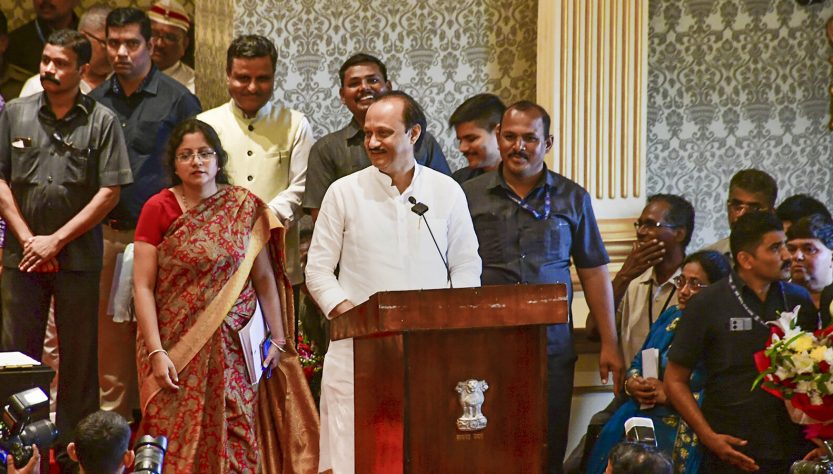 CIIBIL setup by an Act of the Government of India, is a privately held company. The mandate of this company is to provide lenders with data on people who have availed credit. This agency monitors all loans, credit card data and personal loan information.
CIIBIL setup by an Act of the Government of India, is a privately held company. The mandate of this company is to provide lenders with data on people who have availed credit. This agency monitors all loans, credit card data and personal loan information.But the problem is the company will not provide you with your own credit report!
Internationally too, credit bureau's followed a similar method until consumers fought back and got the right to access their own credit report at least once a year free of cost.
How does this report affect you. Read below experience of international consumers
The Creditor/Consumer relationship seesaws
Originally, credit reporting services were created for the benefit of creditors. In the beginning, the consumer just went along with the system. However, as time went on, the consumer, backed by the government, forced the issue and gained some encouraging ground. Errors on credit reports could drastically affect someone’s life, in that they could be refused employment, refused tenancy, refused credit, and generally be given a bad name in the credit industry. So the consumer fought for access to their credit information.
Now, as the system stands, the scales are much more balanced. Consumers have more rights: to see their credit report information, to object to errors in them, and a number of other positive outcomes. And for the credit bureaus, more information could be collected, and they could sell that information to marketers for extra profits.
So it seems that both sides are content with the system. But each side, the consumer and the credit bureau, is constantly jockeying for a better position. So the relationship continues, back and forth. But the bottom line for consumers is, as mentioned, credit reports can deeply affect their lives. That’s why it’s so important to check your credit report regularly – and have peace of mind.
Taken from http://www.thehistoryof.net/history-of-credit-reports.html
More writing on the problem can be accessed at http://www.msnbc.msn.com/id/6612374/



2 comments:
CIBIL is governed by Credit information companies act 2005, it is looked after by Reserve Bank of india.Cibil should provide once Credit information for the payment of Rs.100. this is th egovt of inida act. CIBIL cannot deny individuals information by the CIBIL, compain to RBI, DBOD division. a case can be filed in the court by the RBI. the cibil can be punished for a fine of rs. one lakh and the officers of the CIBIL can be jailed for one year.
come on use the opprtunity provided by the law and get out of the CIBIL
credit information companies regulation act is akin t TADA law.
it does not have the rules to enter the data into CIBIL or rules to delete the name from the CIBIL. once your name is put into the data base you are jailed for 7 years. no enquiry no appeal
this will benefit banks they can charge interst upto 100 percent per annum. if you fail you can be cibiled for 7 years. it is the reverse of east india rule
come on fight for the change or survival.
even the RBI is not willing to file the case against CIBIl.
they are all powerfull and money full
unity is power
use the provisions in the law and get solutions
TIRANGA DE
Dear Sir,
What you say is very right. Only recently we at Credit Consumers Association of India have raised these very issues with RBI.
We have asked RBI to make CIBIL working more transparent. If you see the Banking Ombudsman Report for 2006-2007 you will notice that even RBI is seized of the matter and is taking steps towards making the credit report available to the consumer and allowing appeal in the matter of credit reporting.
Banks and Credit Card Companies are using CIBIL as threat to recover money which is not even their legitimate due. They first over charge, apply high interest rates and penalties and when you refuse to pay, spoil your credit report.
But they will soon face problems when they will run out of people whom they can lend to at high interest rates sue to their own actions of spoiling credit reports. That will be a day that will bring a lot of cheer to everyone.
Warm regards
Post a Comment